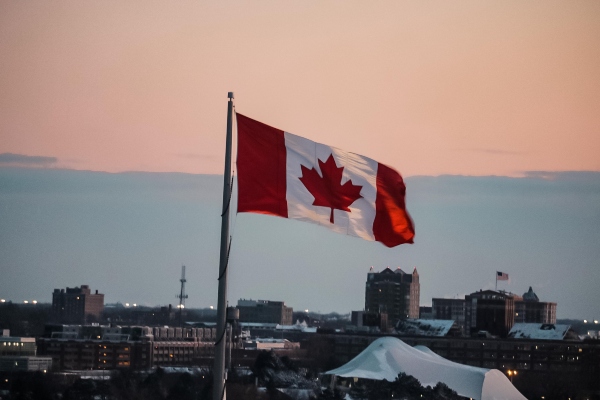Canada has garnered a reputation as a women’s rights, a gender egalitarian, juggernaut, which, with due respect, seems like only a partial truth. In that, many of the changes merely put a different face on the same problems, change the word of an issue so as to reduce the apparency of the problem, or take on board some fundamentally flawed ideas of systemic change with enforced placement without a structural pathway change for more women to enter into the areas for intergenerational equality.
In these senses, whether conservative or liberal feminists, the ideas of gender egalitarianism remain naïve in Canadian society, including politics and policy – often as a political maneuver rather than a primary focus on the human rights focused on women in particular. As noted in the previous article, there are a number of organizations devoted to women’s rights in Canada.
There are a number of organizations dealing with the foundational women’s rights work: Nobel Women’s Initiative, National Action Committee on the Status of Women, and Pauktuutit, Canadian Women’s Press Club, Vancouver Women’s Caucus, Local Council of Women of Halifax, Abortion Rights Coalition of Canada, CARE Canada, REAL Women of Canada, Fédération des femmes du Québec, Almas Jiwani Foundation, National Council of Women of Canada, Royal Commission on the Status of Women, Oxfam Canada, The MATCH International Women’s Fund, Canadian Association of Elizabeth Fry Societies, Canadian Women’s Suffrage Association, Equal Voice, LEAF, Canadian Women’s Foundation, Manitoba Political Equality League, Vancouver Rape Relief & Women’s Shelter, Department for Women and Gender Equality.
Another important (1977) document is the Canadian Human Rights Act. This document speaks to the equality of the rights of the sexes and based on sexual orientation. Its values are equality of opportunity, fair treatment, and non-discrimination. It deals with employment and services. So, both ends of the business line of things, whether a First Nations government, the federal government, or regulated by the federal government private companies. This tightknit operationalism on rights is a basis of strength in Canada.
No one is entitled to things unnecessarily, except in that which costs zero dollars, i.e., dignity and respect regardless of sex, sexual orientation, marital status, or family status. These are considered some of the modern values of Canadian culture and society.
One can see this international organizational news and press statements. Any of the above organizations, probably, sticks to some of these ideas to some degree or other. No matter the government, no matter the end of the business transaction, the equality shall be guaranteed in law, as it states in writing in legal documents – as it should be.
Photo by sebastiaan stam on Unsplash

